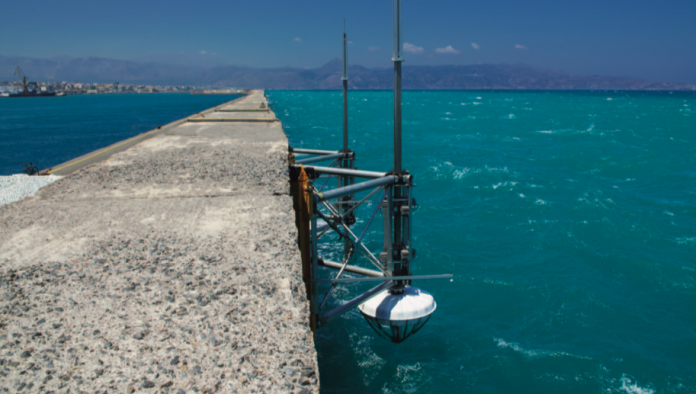Megan Warrender, Assistant Editor at Open Access Government, investigates the current and future policy priorities of the Commissioner for the Environment, Oceans and Fisheries, Virginijus Sinkevičius, and what is influencing them
Extensive, innovative and ground-breaking research is essential in driving Europe forward in its environmental goals. Commissioner for the Environment, Oceans and Fisheries, Virginijus Sinkevičius recognises that research data is vital in exposing problem areas and can help to identify and implement the most effective solutions.
Every six years, EU Member States report on the conservation status and trends of species and habitat types protected under the EU Directives and this is published as the assessment of the state of nature in the European Union. This reporting cycle is the largest and most extensive data-gathering exercise ever undertaken on the state of Europe’s nature and environment. The report provides an overview and analysis of data on status and trends related to all wild bird species, 233 habitat types and almost 1400 other wild plants and animals of European interest.
Towards the end of 2020, in October, the latest assessment was published and signified that the decline of protected habitats and species still continues, caused mostly by intensive agriculture, urbanisation, unsustainable forestry activities and changes to freshwater habitats. Commissioner Virginijus Sinkevičius stated about the report that: “it shows, yet again, very clearly that we are losing our vital life support system. As much as 81% of protected habitats are in poor condition in the EU. We urgently need to deliver on the commitments in the new EU Biodiversity Strategy to reverse this decline for the benefit of nature, people, climate and the economy.”
The results of this latest assessment will guide Europe’s action on biodiversity in the coming years, providing a crucial baseline for monitoring progress towards achieving the targets of the new EU Biodiversity Strategy to 2030. It will push the EU to deliver on its mission, as it is apparent there is no alternative or room for error.
Furthermore, Commissioner Sinkevičius has turned his focus recently to Europe’s air pollution, following the European Environment Agency’s (EEA) latest official data: “Air Quality in Europe – 2020 Report,” which will play a large role in informing future EU policy-making. It is true that air quality across Europe is improving thanks to previous policies that have been implemented in past decades, however, the report showed that there are still close to 400,000 premature deaths each year in the EU linked to air pollution, which is far too high. This is a detriment to lives, economies, and biodiversity. “If we are to succeed and fully protect people’s health and the environment, we need to cut air pollution further and align our air quality standards more closely with the recommendations of the World Health Organization. We will look at this in our upcoming Action Plan,” said Virginijus Sinkevičius, Commissioner for Environment, Oceans and Fisheries.
In the European Green Deal, Europe set a Zero Pollution Ambition, and work has started on the Zero Pollution Action Plan for air, water and soil. “The Action Plan will include a drive to modernise the Ambient Air Quality Directive, and I hope to table the proposal in the second half of 2022,” Commissioner Sinkevičius stressed.
A climate-neutral Europe
To help meet the EU’s goal of climate neutrality by 2050, the European Commission also presented at the end of 2020 the EU Strategy on Offshore Renewable Energy, which proposes to:
- Increase Europe’s offshore wind capacity from its current level of 12 GW to at least 60 GW by 2030 and to 300 GW by 2050.
- Create new opportunities for industry.
- Generate green jobs across the continent.
- Strengthen the EU’s global leadership in offshore energy technologies.
- Ensure the protection of our environment, biodiversity and fisheries.
The Commission estimates that investment of nearly €800 billion will be needed between now and 2050 to meet these proposed objectives. Commissioner Sinkevičius added that the strategy “outlines how we can develop offshore renewable energy in combination with other human activities, such as fisheries, aquaculture or shipping, and in harmony with nature. The proposals will also allow us to protect biodiversity and to address possible socio-economic consequences for sectors relying on good health of marine ecosystems, thus promoting a sound coexistence within the maritime space.”
Lastly, to analyse and monitor the environmental, social and economic impacts of offshore renewable energy on the marine environment and the economic activities that depend on it, the Commission will be routinely and tirelessly consulting a community of experts from public authorities, stakeholders and scientists. This is the driving force of environmental research and must be kept up if Europe is to meet its ambitious goals.











